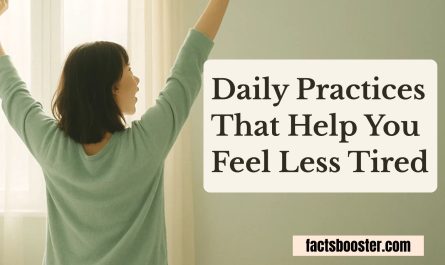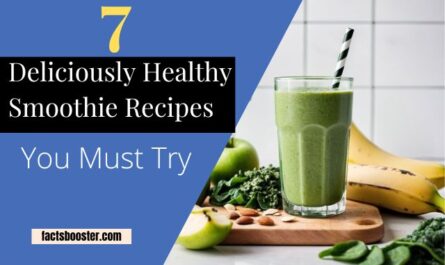I used to believe that eating more vegetables would naturally lead to smoother digestion. So, I made a real effort to include vegetables in every meal. I never skipped them—broccoli, bok choy, bean sprouts, cauliflower, cabbage—you name it. They were always on my plate.
But reality hit hard: even though I was eating plenty of high-fiber vegetables every single day, I was still constipated. And not just the occasional kind. I struggled with constipation for around 18 months. On average, I only had a bowel movement every 4 to 5 days, and sometimes I went as long as 8 days! My belly kept bloating, my waistline expanded, and I felt constantly irritable and worried. On top of that, the constipation started causing lower back pain.

Eating Healthier Made Me More Constipated?
I was genuinely confused. Isn’t eating more vegetables the first thing they recommend for constipation? That’s what textbooks say, that’s what teachers taught us, even exam questions said so! Everyone seems to agree: more fruits and veggies = better bowel movement.
I didn’t just eat vegetables either—I ate a lot of fruit, at least two servings a day. And not just any fruit, but the ones known to relieve constipation, like kiwi, dragon fruit, banana, and papaya.
I even went out of my way to buy prune juice, and sometimes I drank olive oil on an empty stomach. At first, those worked—I could go to the bathroom in about 30 minutes. But the effects started to wear off. Sometimes it took half a day, sometimes I wouldn’t go until the next day. The discomfort was unbearable.
Worse, I started to feel anxious. These methods softened my stool so much that it became watery and hard to control. I constantly worried I wouldn’t make it to the toilet in time if I was out.
Walking More to Improve Digestion?
I also tried walking more—about 2,000 steps a day. While that might not sound like much to some, for an office worker like me, that was already a significant increase. Those 2,000 steps didn’t include regular movement like commuting or shopping.
But even with more walking, my constipation didn’t improve.
Why was I eating so healthily, maintaining a balanced diet, and walking every day—and yet my gut just wouldn’t cooperate?
What I Was Really Missing
One day, while doing some research, I came across a sentence that hit me hard:
“It’s not more fiber your body is missing—it’s that your intestines lack the motivation to move.”
That woke me up. I looked back at my diet and realized something: even though it seemed healthy, I was barely consuming any fat because I always cooked very lightly. Also, due to recent stress and anxiety, I had been experiencing heart palpitations and poor sleep.
I began to suspect the problem wasn’t a lack of fruits and vegetables, but a lack of overall nourishment.
What I Changed That Finally Helped
So I stopped focusing solely on fiber and shifted my mindset to “What does my body actually need?” I began rebuilding my nutrition from the inside out:
- added magnesium supplements to help relax my intestinal nerves
- ate a mix of flaxseeds, chia seeds, and psyllium husk daily
- drank a small glass of salt water every morning to help my body wake up
- boosted my intake of probiotics to rebuild a healthy gut microbiome
- added fish oil to get more healthy fats
- stuck to regular walking and a consistent sleep routine to help regulate digestion
Not all of these worked overnight, but over time, I noticed my belly felt less bloated, and I felt less anxious overall.
It’s Not Just About One Food
If you’ve had a similar experience—eating clean and healthy, but still suffering from constipation, bloating, or feeling sluggish—maybe it’s not that you’re missing fiber. Maybe you’re overlooking what your body truly needs.
I’ll be sharing more of the methods that actually worked for me—things I personally tried and found effective—not just generic advice like “eat this to poop” or “drink that to detox.”
Because fixing constipation isn’t about one miracle food. It’s about supporting your entire gut health.
And I truly hope my story can help you, too.


